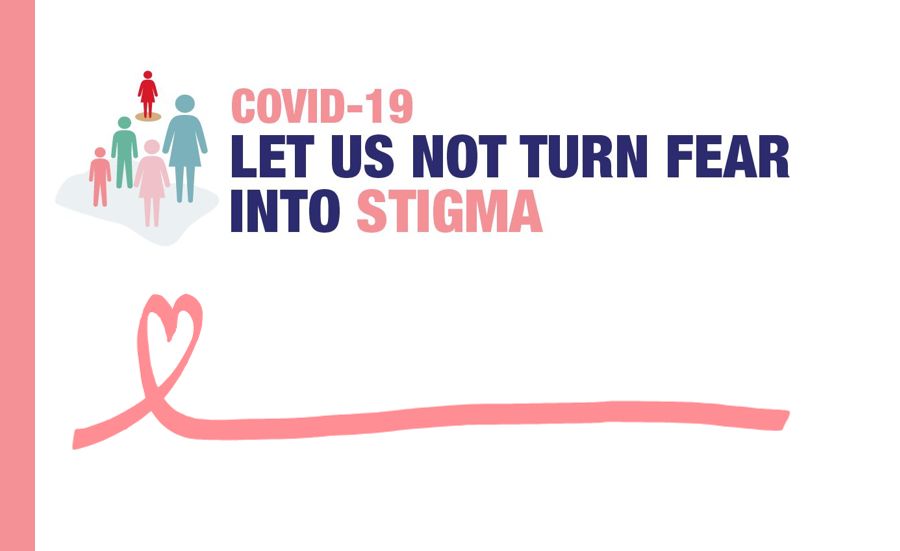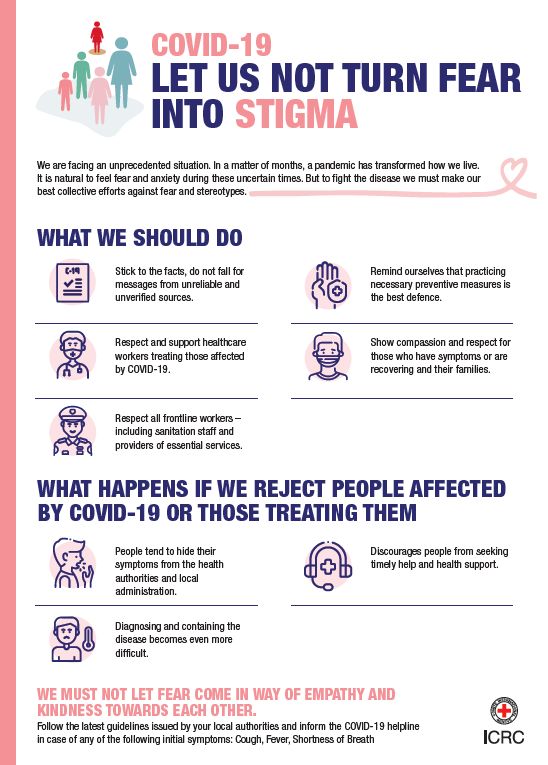COVID-19 has thrown up numerous challenges over the past few months. From social distancing to working from home to the unfolding socio-economic impact across regions — the list keeps growing. As we wait for things to turn around, we are dependent on critical lifelines and essential services to get through the pandemic. Frontline workers have been stepping out of their homes daily to keep the healthcare systems and other vital services running and to ensure those who fall sick get the necessary treatment and support. However, the rising cases of stigma, discrimination and harassment have made their work progressively more challenging.
The functioning of healthcare systems has been adversely affected by the growing stigma and discrimination — and in many cases violence — against not only those who are affected by the disease, but also those treating them. One of the main reasons behind this is the anxiety and fear people are currently experiencing in the face of an unknown and unforeseen situation. This propels them to link the disease with specific communities or groups of people, fueling harmful stereotypes — ultimately hampering the response to the crisis.
Speaking at the recent United Nations Security Council Open debate, Peter Maurer, President, ICRC, said, “At a time when they are most needed, helpers are under attack. Health systems are targeted, health workers are abused. Since March this year, the ICRC has recorded 208 COVID-19-related attacks against healthcare in more than 13 countries.”
Often, as a result of the stigma, people experiencing symptoms feel discouraged from seeking timely help and support. This, in turn, makes diagnosing and containing the disease even more difficult. All of us have an important role to play to stop stigmatisation of COVID-19 patients, frontline workers as well as their families. A key step towards this is understanding the crisis as one that requires solidarity and cooperation. No one is safe until we are all safe.



